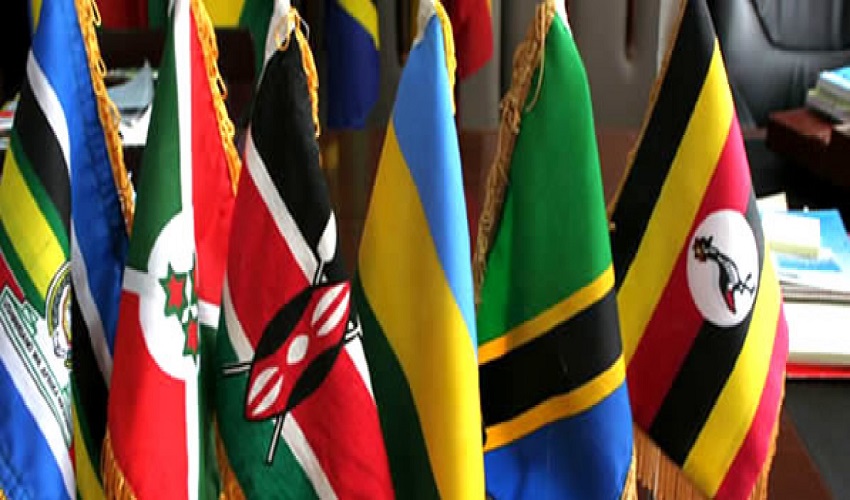
EAC members mull joint strategies to boost post-COVID-19 tourism recovery
Members of the East African Community (EAC) will implement joint strategies to boost recovery of the tourism sector after months of downturn linked to COVID-19 pandemic, officials said on Tuesday.
Christophe Bazivamo, deputy secretary general of productive and social sectors at EAC, said the bloc has engaged with governments and industry to facilitate a coordinated approach in reviving the tourism sector.
“We are harmonizing policies and strategies to boost recovery of the tourism sector whose performance has stagnated since March when the region enforced travel restriction and flight cancellations to prevent spread of COVID-19,” Bazivamo said during a virtual briefing in Nairobi.
He said that EAC member states were projecting a 60 percent drop in tourist arrivals by July as rising COVID-19 cases hobble easing of containment measures like border closures.
Bazivamo said that loss of tourism revenue in the region has contributed to layoffs while halting implementation of wildlife conservation projects that generate income to rural communities.
“Over 19 percent drop in Safari tours across the region has been recorded due to COVID-19, while cancellation of bookings in lodges based inside wildlife parks has undermined the protection of iconic species,” said Bazivamo.
The EAC official said that 17 percent of foreign tourists who come to East Africa visit wildlife sanctuaries, adding that their absence due to the global pandemic has led to massive layoffs while putting community-based conservation projects in jeopardy.
Bazivamo said that a regional post COVID-19 tourism recovery strategy roots for enhanced use of technology and diversification of products to lure millennials.
John Waweru, director general of Kenya Wildlife Service, said the country has experienced a 92 percent drop in tourism revenue and a 7.6 percent drop in visitor numbers due to the pandemic.
He said that Kenya envisions a post COVID-19 scenario that will be defined by a robust domestic market as the number of international visitors stagnates due to prolonged border shutdowns alongside suspension of flights.
“To ramp up tourism revenue in the post-COVID-19 recovery period, we intend to focus more on domestic and regional markets, leverage on technology to attract millennials and explore alternative sources of income,” said Waweru.
Eugene Mutangana, head of conservation at Rwanda Development Board, said that Kigali has rallied behind a regional plan of action that leverages greater technological adoption, and private sector engagement to boost recovery of the tourism sector.
“The tourism recovery strategy in the region should focus on enhanced public private partnerships, ICT integration and tax waivers to boost growth of the domestic market,” said Mutangana.
Sam Mwandha, executive director of Uganda Wildlife Authority, said that marketing East Africa as a common destination will boost post COVID-19 revival of the tourism sector.






